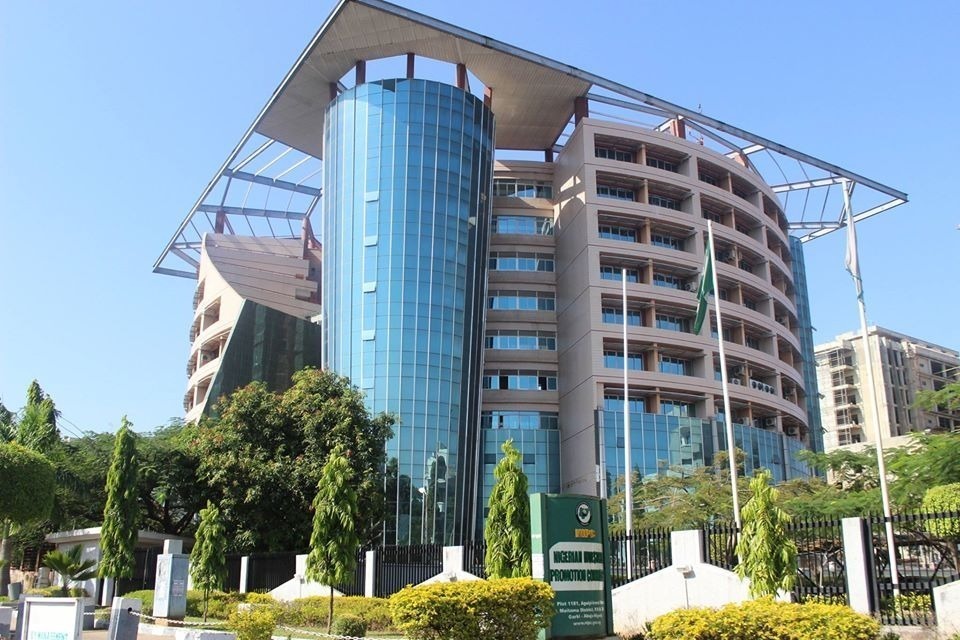Reading Time: 2 minutes
Nigeria’s telecommunications landscape has seen notable shifts, marked by a steady rise in active voice and internet subscriptions, alongside a decline in teledensity, as per the latest statistical indicators released by the Nigerian Communications Commission (NCC). These adjustments, aimed at aligning with international best practices and reflecting the latest population growth figures, signify a significant recalibration of the telecom industry’s metrics.
The adjustment, implemented across the September, October, and November 2023 statistical reports, stems from the Nigerian Population Commission (NPC)’s projection of Nigeria’s population at 216,783,381 in 2022, replacing the previously utilized 2017 projection of 190 million people. This shift adheres to the International Telecommunication Union (ITU)’s criteria for calculating teledensity, a key metric in assessing telephone penetration within a population.
Consequently, Nigeria’s teledensity witnessed a decline from 115.63% to 102.30% in September, alongside a similar decrease in broadband penetration from 45.47% to 40.85%. However, active voice subscriptions experienced a slight uptick from 220,361,186 to 221,769,883, while internet subscriptions also saw marginal growth, rising from 159,034,717 in August to 160,171,757 in September 2023.
In October 2023, the industry observed a 0.19% increase in active voice subscriptions, with teledensity registering at 102.49% and internet subscriptions rising by 0.60% compared to September 2023 figures. November of the same year witnessed a further 0.46% growth in active voice subscriptions, with teledensity standing at 102.97% and a 0.57% uptick in internet subscriptions compared to October 2023.
Teledensity, a metric endorsed by the International Telecommunications Union (ITU), serves as a vital index for measuring telephone penetration within a population, with one line per 100 individuals being the benchmark.
The NCC’s adjustment aligns with Section 89 Subsection 3(d) of the Nigerian Communications Act 2003 (NCA 2003), which mandates the Commission to monitor and report on the state of the Nigerian telecommunications industry. This includes providing statistical analysis, identifying industry trends, and addressing issues of competition, services, tariffs, operators, technology, and subscribers.
Dr. Aminu Maida, the Executive Vice Chairman of the NCC, underscores the importance of maintaining the integrity of Nigeria’s telecom data. He highlights the role of accurate data in measuring progress towards increased broadband penetration, improved service quality, and enhanced population coverage, in line with strategic objectives outlined by the Federal Ministry of Communications, Innovation, and Digital Economy.
Furthermore, such data not only informs the ITU and other development agencies but also serves as crucial information for operators, investors, multilateral agencies, and the public, underlining its significance in shaping policies and investment decisions in the telecommunications sector.




